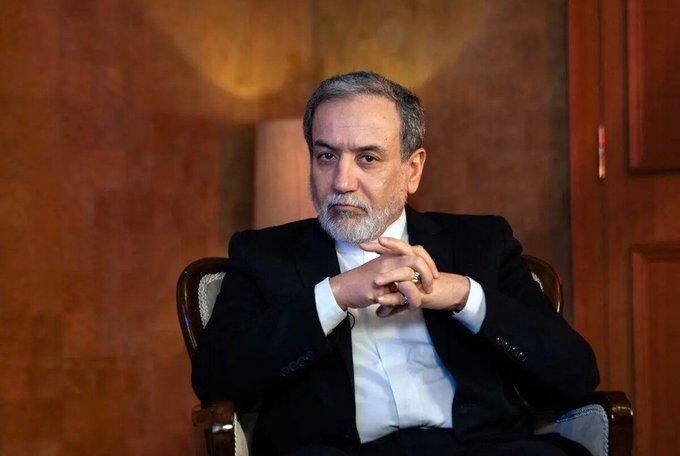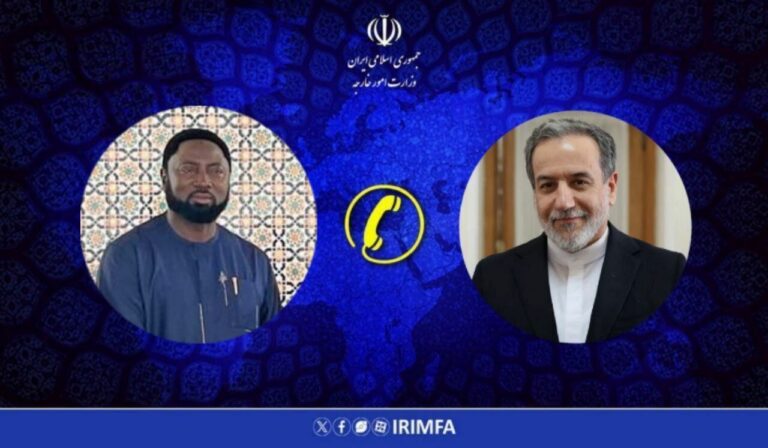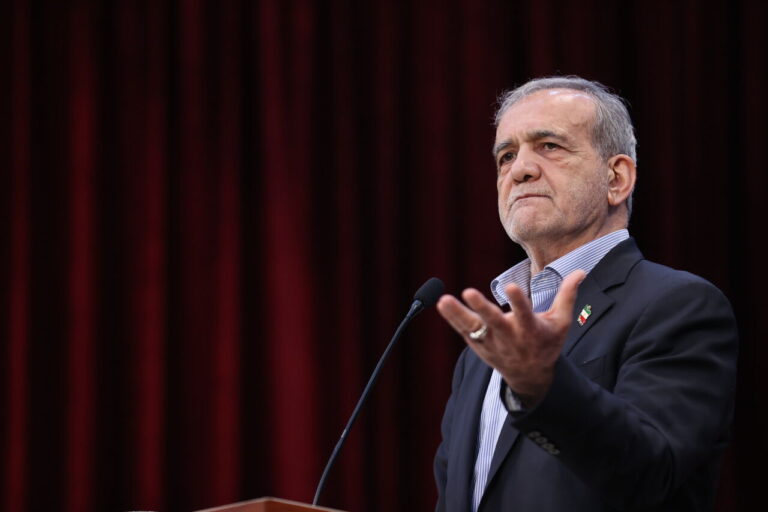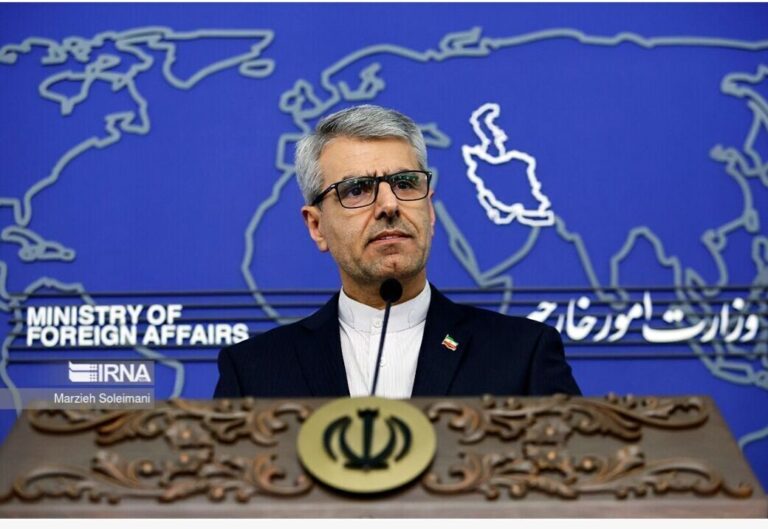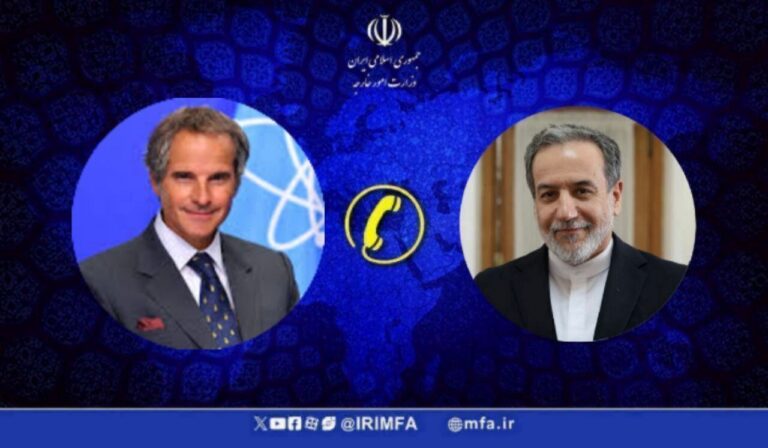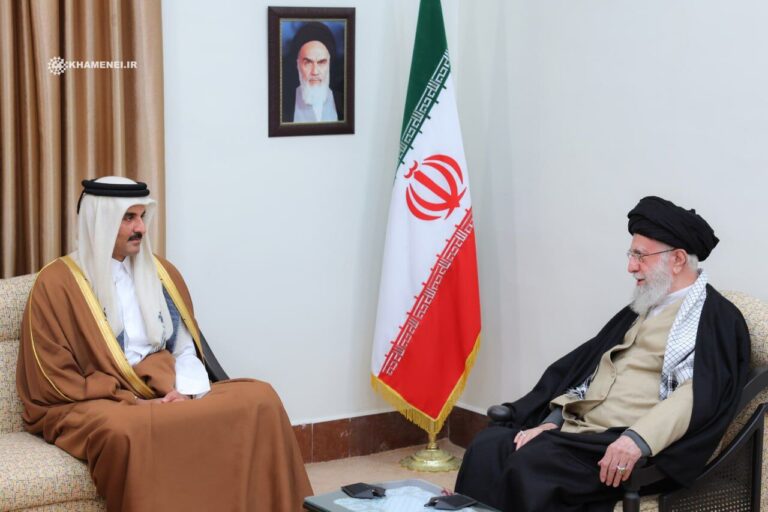Israel’s Systemic Human Rights Violations Bar Its Inclusion in Regional Security Framework, Says Araqchi
In a recent statement, Foreign Minister Abbas Araqchi emphasized that the Israeli regime, notorious for its systemic violations of human rights and unchecked militarization, is incompatible with a sustainable security framework in the West Asia region.
In a memo titled Building a New Reality for the Region: Toward Stability of Governance and Unity in West Asia, released on Wednesday, Araqchi highlighted the following key points:
- Destabilizing Role of Israel: The Israeli regime consistently acts as an opposing force against collective security and disarmament initiatives.
- Nuclear Ambiguity: Its nuclear program, based on a policy of deliberate ambiguity, undermines global non-proliferation norms and contradicts efforts to create a nuclear-free zone.
- Evading Accountability: While regional states adhere to international conventions on weapons of mass destruction, the Israeli regime avoids these frameworks, relying on its Western allies.
- Historical Context: The history of the Israeli regime is marked by occupation, forced displacement, aggression, and systemic violations of international rights, often conducted under a shield of immunity and lawlessness.
- Current Instability: The region is facing profound instability, characterized by intertwined crises, geopolitical tensions, and humanitarian issues.
Araqchi further elaborated on Iran’s stance in the region, asserting that the Islamic Republic presents a roadmap for future resilience. He stated that the future of West Asia should not be dictated by Western powers; instead, regional nations should prioritize:
- Institution-building
- Transnational cooperation
- Inclusive governance
He concluded by emphasizing that true stability is rooted in mutual respect and a commitment to shared well-being. Iran seeks to position itself not as a hegemonic power, but as a robust partner alongside its neighbors.
